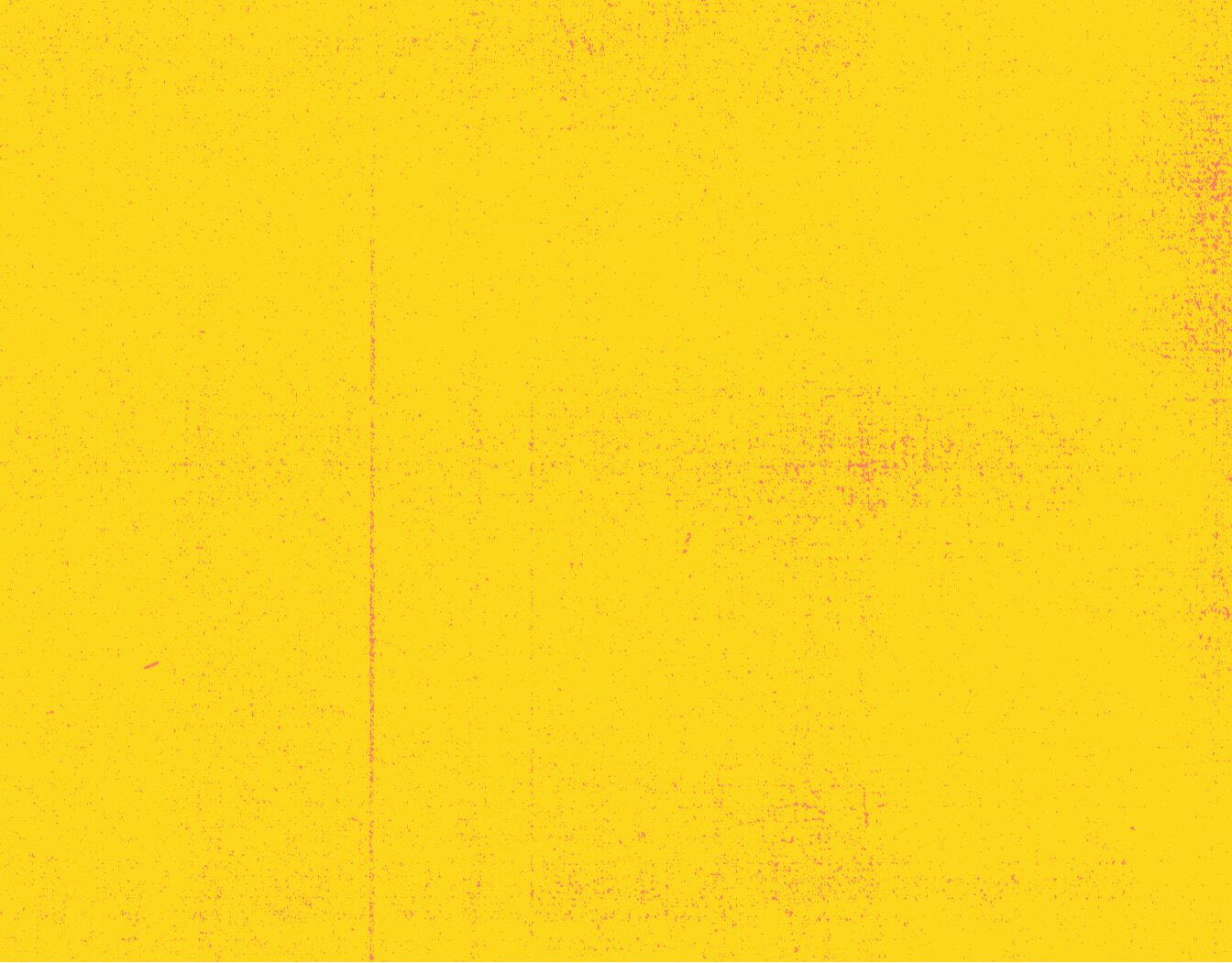Q&A | Talking Twitter
Talking Twitter with David Childs of the FIFA Women's World Cup
Each month, Talking Twitter takes you behind the scenes of some of Twitter’s most interesting publishers with the social media professionals responsible for some of the platform’s standout Tweets and viral moments. This month we sat down with David Childs, social media manager for FIFA, prior to the start of the FIFA Women’s World Cup.

Tell us a little bit about yourself. What makes @FIFAWWC worth following?
I’ve been at FIFA for two years as a social media manager, and I worked for the Scottish Football League and the Scottish FA before that. My background has always been football. For FIFA I was at the FIFA World Cup last year, so I produced all the Tweets around the tournament, helping create a buzz. For the Women’s World Cup we’re putting a lot of extra resources into what we're doing in terms of content creation, video production, and our reporter network. The game has been raised quite a lot in the last six months or so, and we’re trying to be part of that.
How has social media changed since you started out in the industry?
It means that you’re a person who wears many, many, many hats. It’s crazy how many different kinds of, not necessarily skills you need, but you need basic working knowledge of things like communications and commercial activations, and you should probably be able to put together a small video package, and use Photoshop. It’s probably the most all-consuming position I can think of right now.
From my own personal experience, working at FIFA has involved working on sensitive, political, or corporate messages, being part of commercial campaigns and activations, talking to fans and being a branch of customer service, to an extent. It’s so multifaceted, it’s quite difficult to pin it to one thing.
How has that changed what it means to be a social media manager in 2019?
I think it has matured, in the sense that the idea that the person who runs your Twitter account is, you know, the intern, or the guy like from university, or wherever. When I started out I was basically asked to run the Twitter account for the [football] league in Scotland, which is the biggest sporting property there is in my country, and they were like, “OK, let the guy who’s doing his degree run that” [laughs]. I don’t think that would happen now.
Describe your relationship with Twitter.
From a professional point of view, it's fundamentally helped me get a career. If I was born five years earlier, or 10 years earlier, my career path would have been completely different. I would probably have tried to [enter sports] through conventional media; be a journalist and do match reports, and then find myself having to adapt to the medium of Tweeting.
From a personal point of view, if Twitter didn’t exist there’d be a lot of things I’d miss from Scotland. For me, Scottish Twitter is one of the most fascinating parts of the internet, so to have that available and still have a connection to back home, to things like Scottish football, or Scottish politics, or Scottish comedians … for me, it’s a kind of connection to back home that you don't really get anywhere else.
What's the most underrated Twitter feature?
I know it’s not underrated, but I use Moments to collect my own thoughts and things that I like. I also really like Bookmarks, because it's quite useful for catching up with things. In the past you’d have to like something and then remember to go back and read it, and sometimes the things you want to read are not things you necessarily endorse, so for me, that’s quite a neat feature that I use quite a lot.
And if we could grant wishes, with the exception of the edit button, what’s the one feature you’d ask for?
Personally I'm against an edit button — I think it’s a bad idea because if you're writing for a newspaper, you can’t just publish a story and then say, “Whoops, can I come back and scribble that out?” If you press send, as a publisher, you have to take responsibility for that.
I’d really, really like TweetDeck as an app. In terms of keeping up to speed with what’s scheduled and what’s coming up and the multiple feeds … I would love that.

Twitter is all about the conversation. How do you decide what conversations or replies to engage with?
There’s a few things — sometimes the banter is coordinated in advance. In terms of day-to-day users, I always check their bios and profiles first, so I’m not actively communicating with someone who doesn’t share the values or ideals that the Women’s World Cup would share. Generally speaking, when we get on the road the engagement we have with fans is super positive, because they’re there to watch the football and they love football and we’re the people behind organizing all that.
How do you prioritize the different functions of your Twitter account's role?
It’s different depending on what phase we’re in right now, such as pre-tournament or during a tournament. When we get into the tournament, the matches are the big priority, because that's the whole reason why we're there. In the first two weeks I think we have 36 matches in 14 days, for the Women's World Cup, so that's a lot of matches in a short space of time. For us they take precedence because that’s the reason people are fundamentally following us, and that’s when we’re most relevant to fans.
What accounts are a must-follow for you right now?
Aside from our team of FIFA field reporters, there’s — and sorry if I’m being too colloquial — Oldfirmfacts, which is a comedy football one, and there’s also an account called Simpsons SPFL, where they use scenes from “The Simpsons” and apply them to Scottish football, which, if you like Scottish football, is incredible. From a professional sports point of view, I really enjoy Wimbledon. Their content is really dynamic and fresh, and they embrace the tradition of the tournament to really stand out.
OK, quick-fire round of questions to close out the Q&A.
Throwing friendly shade at other accounts — yea or nay?
Nay. Personally I don’t like it — I feel like it can be a bit below the belt for me.
Including more than one hashtag — yea or nay?
If relevant, yes.
Using emoji to replace words — yea or nay?
Erm, no. The grammar person in me stresses out. Emojis are great — some of my best friends are emojis — but for me, it’s a nay.
Featured collection
Talking Twitter
Go behind the scenes with some of Twitter’s most interesting publishers and the social media professionals responsible for some of the platform’s standout Tweets and viral moments in the Talking Twitter collection.